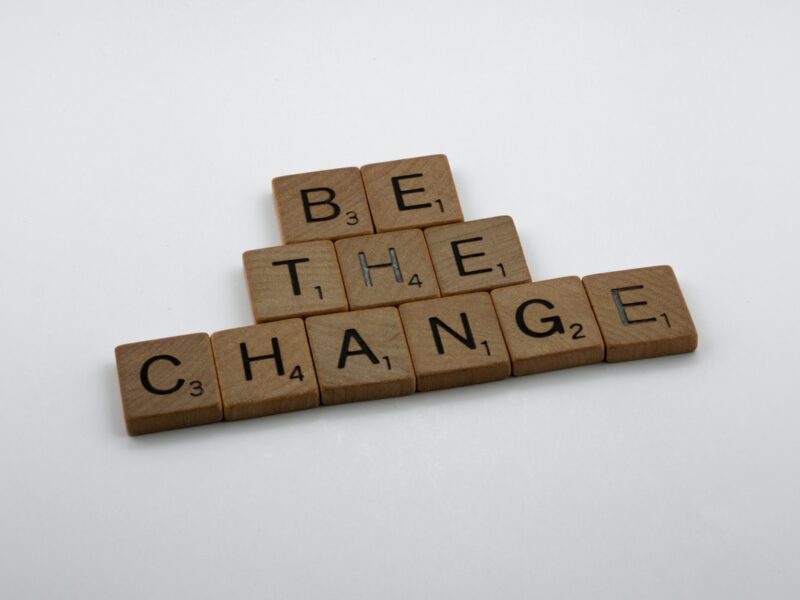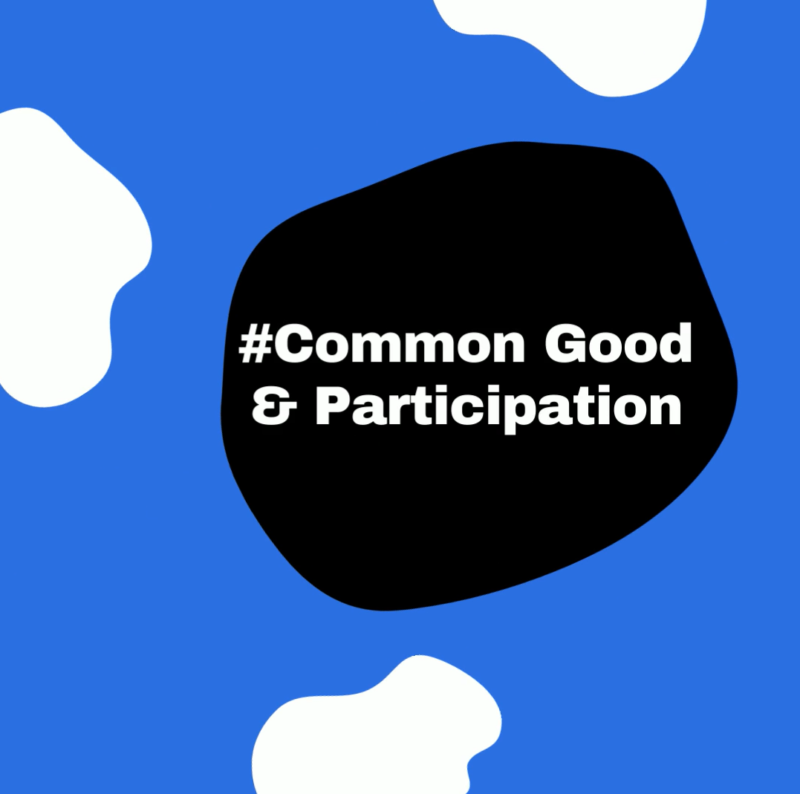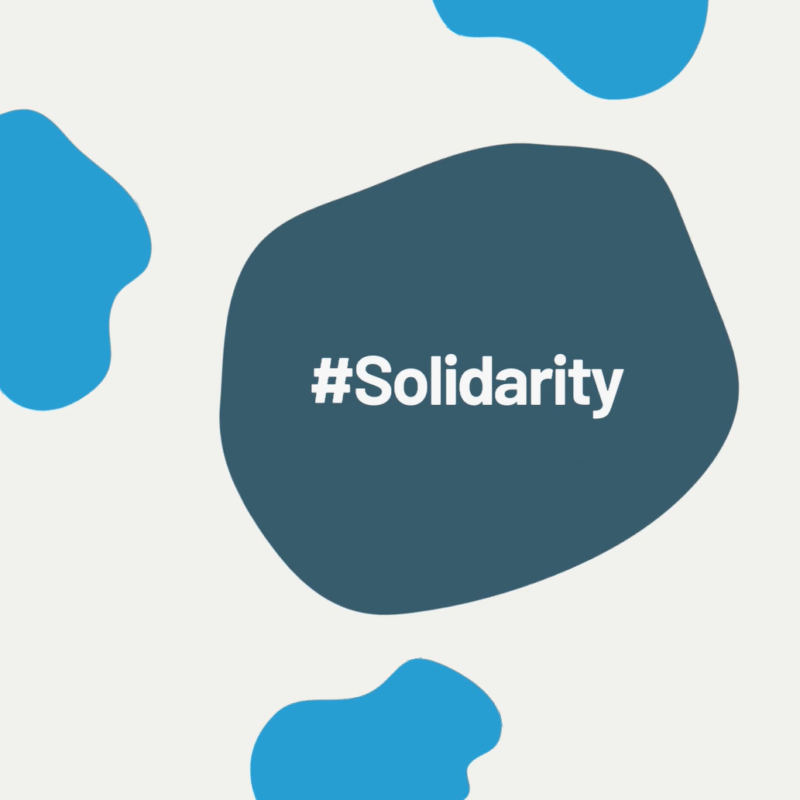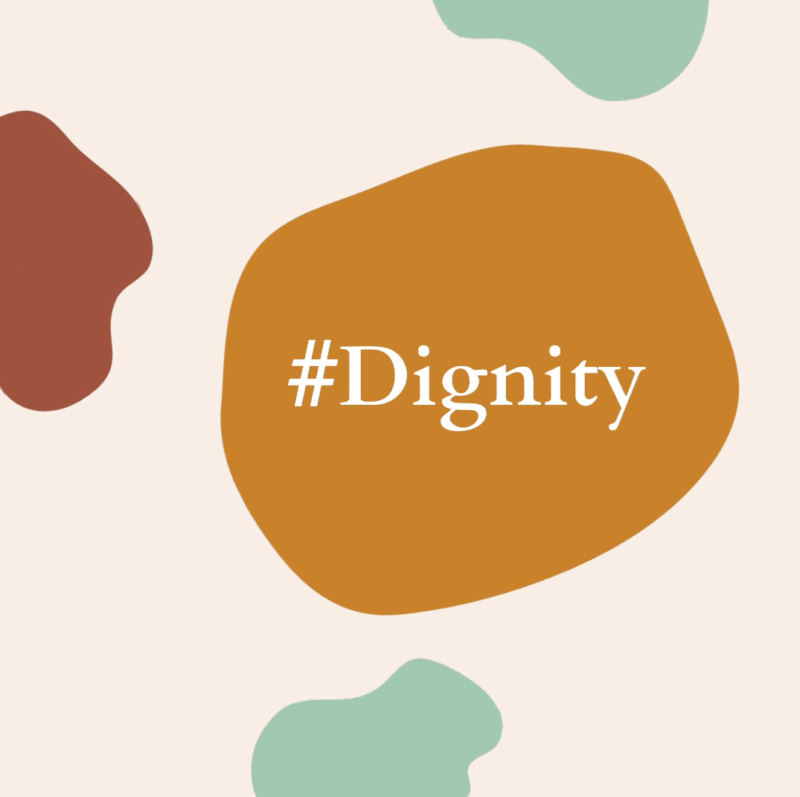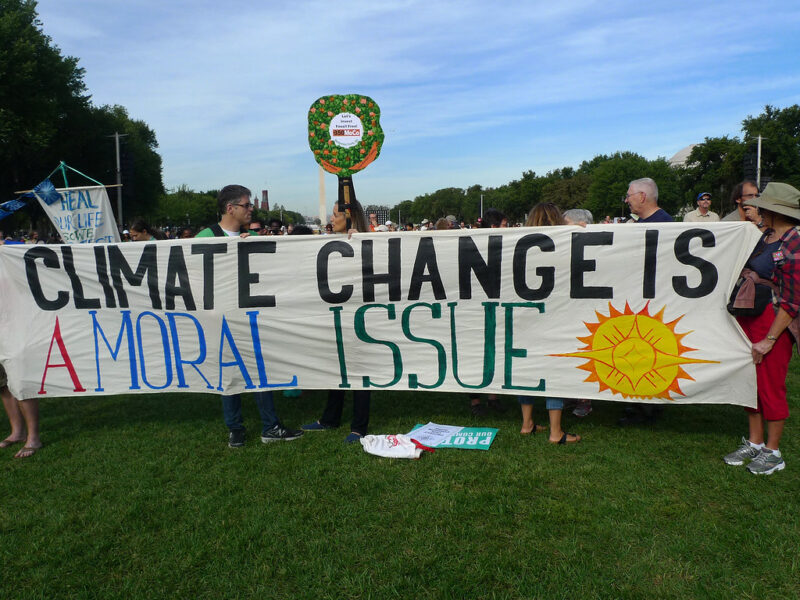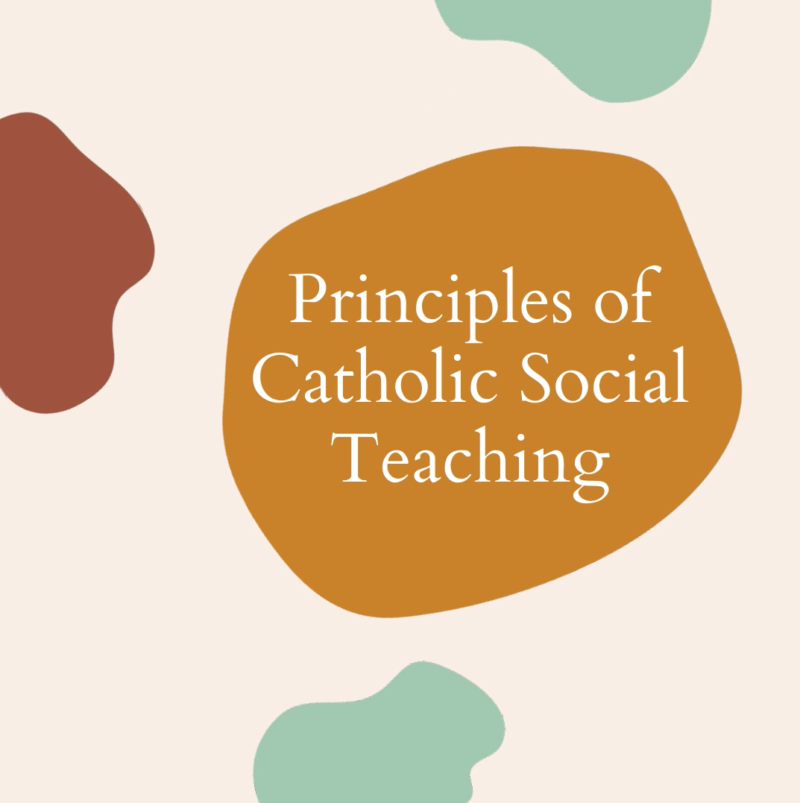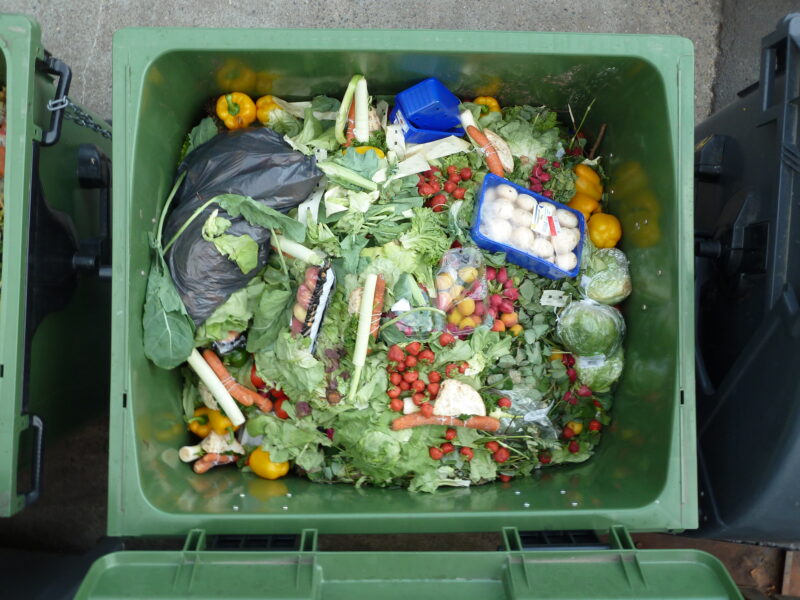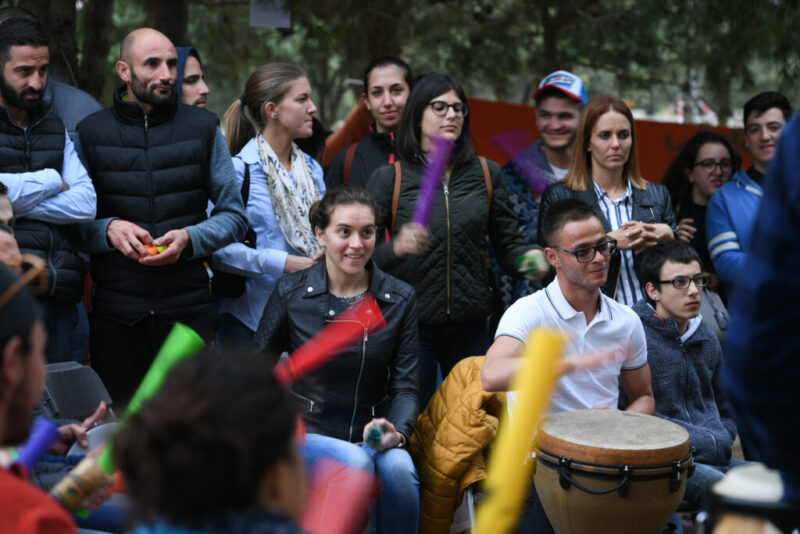Called to Care: New resource for educators #YahadMT
In Yahad, the Justice and Peace Commission reflects on the wounds of our society, before proposing a number of tools from Catholic Social Teaching which can help us build a more just and reconciled society.
In order to bring this reflection to different groups of people, a number of resources based on ‘Yahad’ are being prepared. ‘Called to care: Why politics is not just someone else’s problem’ is the first Yahad resource which is being made available… Read more »



